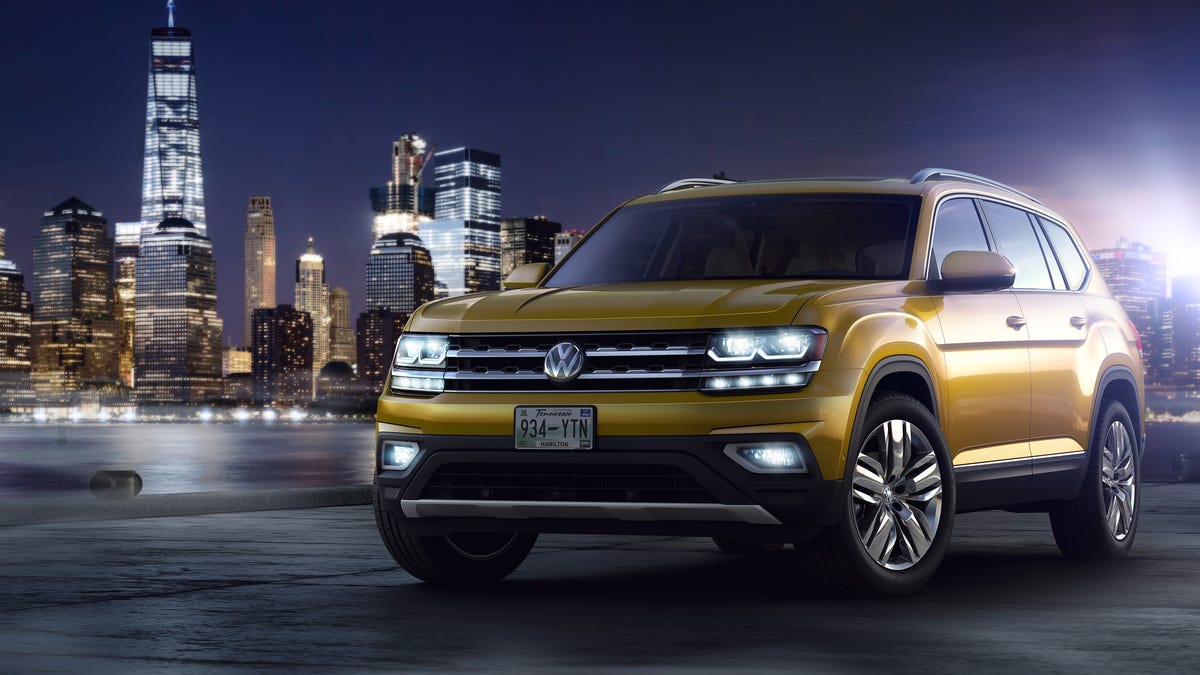VW prepares to conquer North America with SUVs, electric cars
Part of the company's plan involves manufacturing its new EVs in North America, which should happen around 2021.

Volkswagen is on a hunt for profit. And it's looking no further than North America -- the land of milk and honey, the land of opportunity, the land of thirsty SUV customers -- to make that a reality.
After making several, um, large missteps in the past year or two, Volkswagen is determined to return to the top of the global sales charts, with a healthy profit margin, to boot. In order to achieve this, VW is turning its attention to a place it should have turned years ago: North America.
Starting in 2021, Volkswagen will start producing electric vehicles in North America, while at the same time expanding its selection of crossovers and SUVs, Bloomberg reports. The goal is to not only reinforce VW's position as an American manufacturer, but also to increase its US presence to compete directly with American favorites Ford and General Motors .
As Bloomberg notes, Volkswagen's issues with the US stretch much further back than Dieselgate. It didn't quite have US tastes nailed down, and the current thirst for small SUVs leaves VW Group's namesake brand struggling to catch up. The smallest crossover it currently makes for the US is the Tiguan, not counting the Subaru Outback-style Golf Alltrack, which is little more than a lifted station wagon.
SUVs are only part of the equation. The market is moving toward electrification, and Volkswagen thinks it may actually be ahead of the curve this time around. The company hopes to introduce about 30 new electric models across its various brands in the coming decade, and if it can get the packaging and specifications right, it could make a move for a market that currently has little more than Nissan and Tesla to satiate its desires.
Dieselgate is definitely a curse, but it's also proving to be a blessing of sorts. The herd-culling and cost cutting that came from Volkswagen's diesel malfeasance helped streamline the company's operations, which were fairly freewheeling in the past. According to Bloomberg's data, VW spent 60 percent more per vehicle than Toyota over the last three years, which greatly affects the company's bottom line.
No matter what, Volkswagen needs to do something. There's no guarantee that putting more effort in North America means it's going to the US -- Volkswagen's manufacturing effort in Mexico is larger than its sole plant in Chattanooga, Tennessee -- but it's impossible to ignore this market and the potential it has for the company's coffers.

